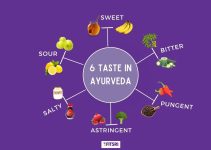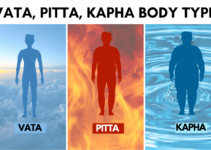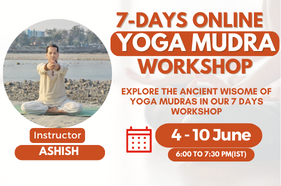- Body type in Ayurveda
- Vata Body Type Characteristics
- Physical Characteristics
- Psychological
- Emotional
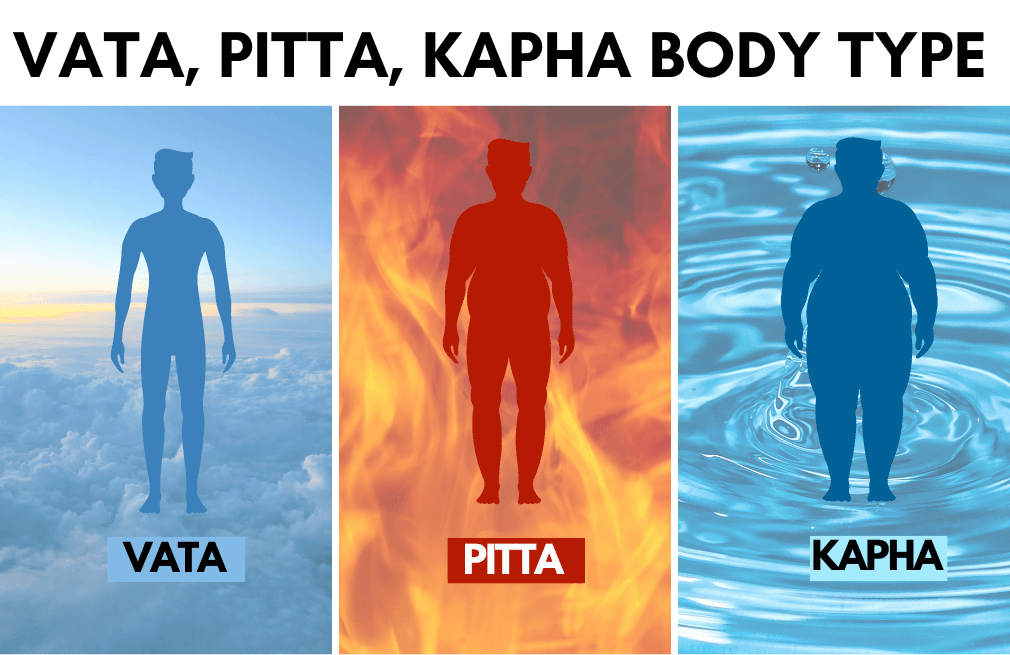
According to Ayurveda, three doshas are the driving force behind understanding your body type. Because once you know your prominent dosha and body type, you also understand your personality, emotions, and psyche as well as the cause of your disease. And once you understand the cause of the disease, it’s easy to work on it. Thus Ayurveda helps maintain your overall health.
There are different body types in Ayurveda depending on the specific combination of doshas (vata, pitta, and kapha).
- Vata body type.
- Pitta body type.
- Kapha body type.
- Vata/Pitta (or pitta/vata) – bidoshic body-type.
- Pitta/Kapha (or kapha/pitta) – bidoshic body type.
- Kapha/Vata (or vata/kapha) – bidoshic body type.
- Vata/Pitta/Kapha – tridoshic body type which is rare.
In this article, we will delve into the physical and mental characteristics of individuals with a Vata body type. By gaining a deeper understanding of these traits, we will be able to identify and understand the unique characteristics of those who possess a Vata constitution.
First, let’s understand what exactly ayurvedic body type means.
Concept of body types in Ayurveda
Just like we distinguish different people in our daily life by their physical appearance, identity, behaviour and their own unique characteristics; in Ayurveda, we have the concept of body types to distinguish one type of people from other.
An Ayurvedic practitioner will usually assess both Prakriti and vikruti to determine a person’s body type.
In Ayurveda, Prakriti is considered to be a person’s inherent or constitutional body type, which is determined by the balance of the three doshas (vata, pitta, and kapha) at the time of conception. It is said to be the natural, most balanced state of a person’s dosha, and it is considered to be the blueprint for health and well-being.
Vikruti, on the other hand, refers to a person’s current state of balance or imbalance in the doshas. It can be influenced by factors such as diet, lifestyle, stress, and illness. Vikruti can fluctuate over time, and it is said to reflect a person’s current state of health.
By understanding a person’s Prakriti, an ayurvedic practitioner can make recommendations for diet, lifestyle, and other treatments that will help them maintain balance and prevent disease. By understanding a person’s vikruti, the practitioner can make recommendations for treatments that will help them address any imbalances and improve their current state of health.
Characteristics of Vata Body Type
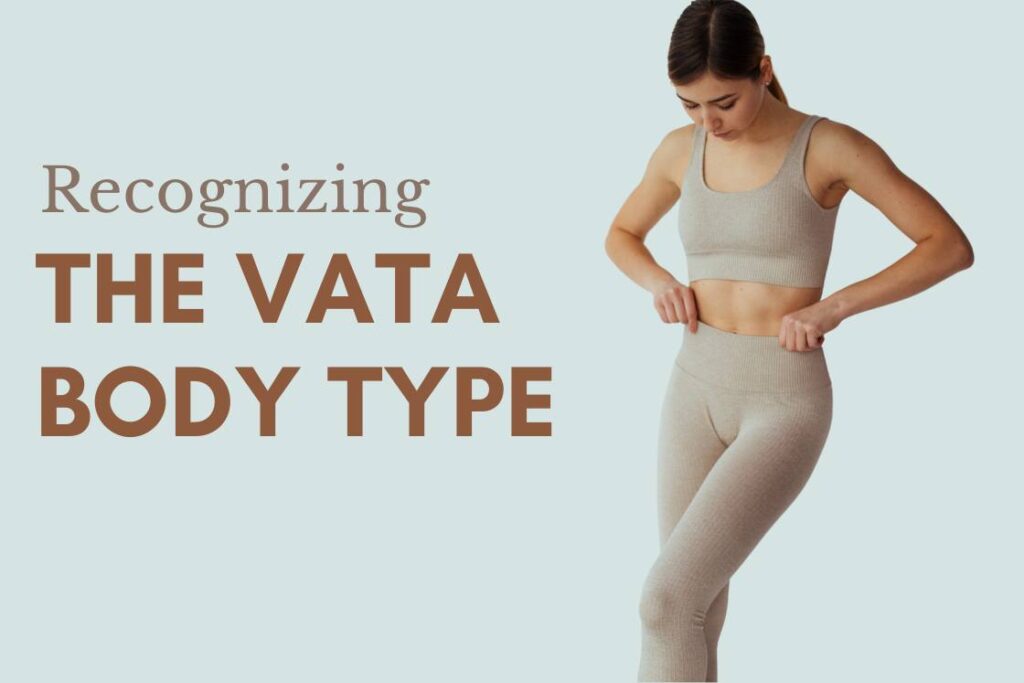
A Vata body type occurs when the vata dosha is dominant in a person’s prakruti. This means that the person is believed to have a predominance of the vata dosha in their body and mind, which governs movement and circulation.
Below are some common signs vata body type people:
- People with a Vata body type are typically thin and have a light frame, with dry skin and hair.
- Their hair is usually dry, brittle, and thin, and their complexion is often cool and pale.
- They tend to have a fast metabolism and may have difficulty gaining weight.
- They have a tendency to feel cold and may have cold hands and feet.
- They are also prone to constipation and dryness in the colon.
- Emotionally, they tend to be creative and have a lively imagination, but can also be prone to anxiety and fear.
- They may also have a tendency to be easily distracted and have difficulty focusing.
Physically and emotionally, Vata body type individuals tend to be unpredictable and can be prone to changes in mood and energy levels. Therefore, it’s important for them to have a consistent daily routine and diet to maintain balance in their body and mind.
Let us see the typical characteristics and traits of the vata body type in detail.
Physical Characteristics
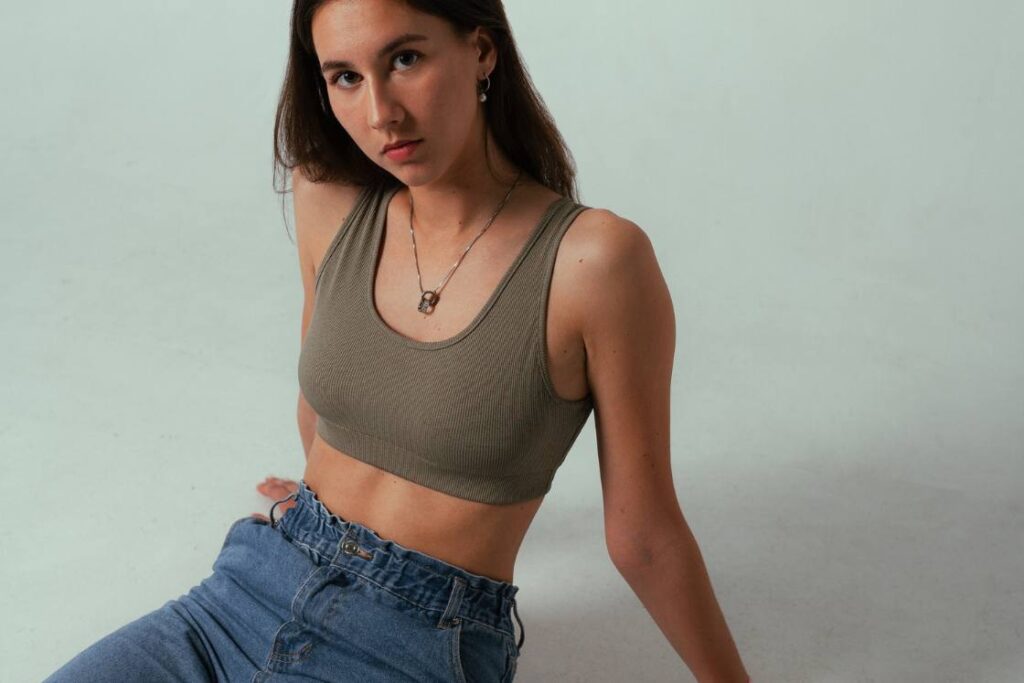
Physically Vata body type individuals have a slim and fragile body frame, with weaker muscles, a slender body shape, and noticeable bony structures such as joints and collarbones. Their bones and joints are commonly not covered in a dense layer of muscles. They have weak muscles, a flat chest, visibly visible veins, dry, sensitive, and cold-sensitive skin, as well as limbs that are not appropriately blood-perfused. They often complain of being cold and dislike cold temperatures and cold foods in general.
Typical vata body type individuals’ physical appearance include:
1. Facial appearance
The face of individuals with a Vata body type is characterized by high cheekbones and a slender face. They may have a crooked or irregularly shaped nose, as well as large ears. These physical features are believed to be the result of the spontaneous and erratic movement of Vata during fetal development.
2. Dry, rough skin
Individuals with a Vata body type tend to have dry, rough skin that is prone to flakiness and cracking. They may have sparse hair on their scalp and body and this hair is often thin and brittle. The skin of a Vata person is usually cool to the touch, due to the presence of air element in the Vata dosha. This dosha also makes them prone to dark circles, black lips, and uneven skin tone. They are also prone to dryness and wrinkles.
3. Asymmetrical teeth
Individuals with a Vata body type may have an asymmetrical arrangement of their teeth, with gaps between some of the teeth or teeth that are too closely spaced. This can be attributed to the dry and brittle nature of the Vata dosha, which can affect the development and maintenance of the teeth and gums.
4. Small eyes
The eyes of individuals with a Vata body type are generally smaller in size and have a potential propensity for frequent blinking. Their eyebrows and eyelashes may be sparse, and the whites of the eyes may have a faint grey tint.
Additionally, Vata body types may be more prone to dryness and itchiness in the eyes, as well as other conditions such as dark circles and wrinkles. Overall, the eyes of Vata body types tend to reflect the dry, light and mobile qualities of Vata dosha.
5. Dry, brittle hair
Vata body type people’s hair are usually dry, coarse and brittle. The hair on their head is prone to breakage, thinning and premature greying.
Due to the dry and mobile nature of Vata dosha, Vata body types may also have difficulty maintaining a healthy scalp and may be prone to dandruff, itching and other scalp conditions.
Additionally, Vata body types may have hair that is more sensitive to styling products, heat and chemicals. Overall, the hair of Vata body types tends to reflect the dry, light and mobile qualities of Vata dosha.
Psychological Characteristics
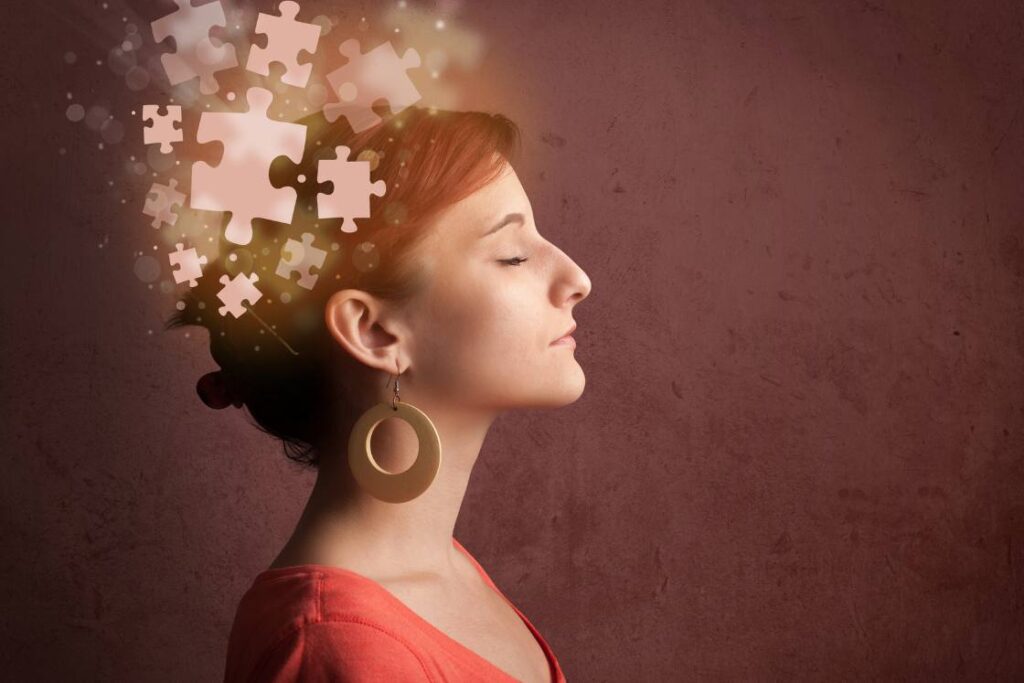
Vatas love to study and pick up concepts fast, which makes them ideal students. They will have innovative minds, be fast to think on their feet and be bursting with fresh concepts. Which is why people often refer to them as visionaries.
People that are vata body type are known for having a short memory and rapid brain processing. While this allows them to pick up new information quickly and readily, they also tend to forget just as quickly.
The imagination and creativity of the Vata people are brilliant. They can flourish in a variety of fields, including art, education, marketing, research, and writing.
Vata individuals are outgoing and have a large social circle. They have no trouble making friends because they have a wide range of interests and frequently set up new initiatives that involve many social communities. They are regarded by their friends as being very laid-back, amiable, clever, energetic, and eager to learn.
They exhibit a general propensity for a nomadic lifestyle and dislike settling down.
Emotional Characteristics
Vatas are likely to have frequent mood swings and fluctuating energy levels throughout the day. They are also likely to experience quick emotional and physical exhaustion.
Vata personalities tend to have issues with stress and anxiety. However, they are easily able to shift their mood from negative to positive and from pessimistic to optimistic.
They have an unpredictable and erratic nature. People with a vata constitution may manage their anger to a good extent.
Due to their erratic and unstable character, Vata people easily become bored and lose interest in activities they once began with vigor.
In stressful conditions, Vata body types may react with worry, anxiety, and restlessness since they have the propensity to act impulsively. They lack patience, confidence, and assertiveness and have little to no willpower.
Despite their erratic tendencies, they are incredibly adaptable and simple to deal with, they are also renowned as “people’s person.”
Also read: Diet and Lifestyle Recommendations for Vata Body Type
Conclusion
Understanding the characteristics of a Vata body type can provide insight into the unique physical and mental tendencies of Vata individuals. One can recognize Vata individuals with qualities of dryness, coldness, and movement in the body.
